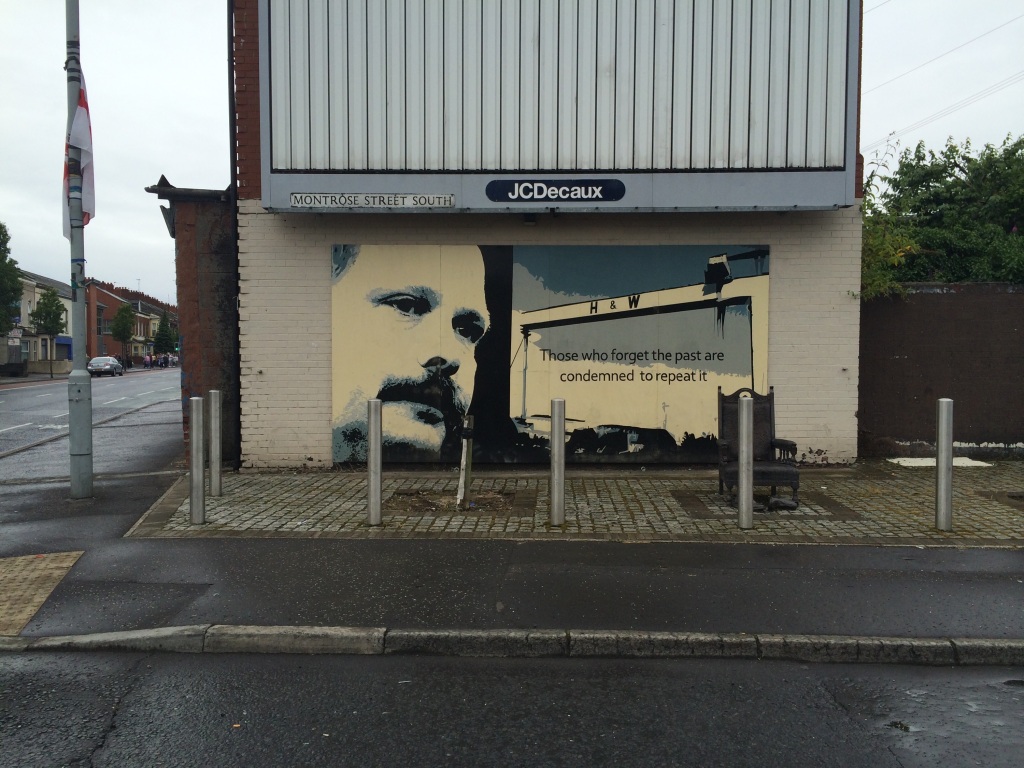Aaron Edwards 🔖covers two works in the Dublin Review of Books.
Stakeknife’s Dirty War: The Inside Story of Scappaticci, the IRA’s Nutting Squad, and the British Spooks who ran the War, by Richard O’Rawe, Merrion Press, 254 pp, €18.99, ISBN: 978-1785374470
The Padre: The True Story of the Irish Priest who armed the IRA with Gaddafi’s Money, by Jennifer O’Leary, Merrion Press, 256 pp, €18.99, ISBN: 978-1785374616
In his novel The Human Factor (1978), the wartime MI6 officer turned novelist Graham Greene takes us on an exploration of the motives of those involved in secret intelligence. The plot revolves primarily around a mole hunt for a spy leaking classified information, though what really drives the story forward is the rivalry between different intelligence agencies. Greene’s depiction of a conference held between MI5, which had responsibility for running agents in former British colonies, and MI6, which was meant to deal with threats outside Britain and the Commonwealth, speaks to how intelligence work was akin to what would pass for office politics in normal workplaces.
In his novel The Human Factor (1978), the wartime MI6 officer turned novelist Graham Greene takes us on an exploration of the motives of those involved in secret intelligence. The plot revolves primarily around a mole hunt for a spy leaking classified information, though what really drives the story forward is the rivalry between different intelligence agencies. Greene’s depiction of a conference held between MI5, which had responsibility for running agents in former British colonies, and MI6, which was meant to deal with threats outside Britain and the Commonwealth, speaks to how intelligence work was akin to what would pass for office politics in normal workplaces.
Continue reading @ Dublin Review of Books.
















